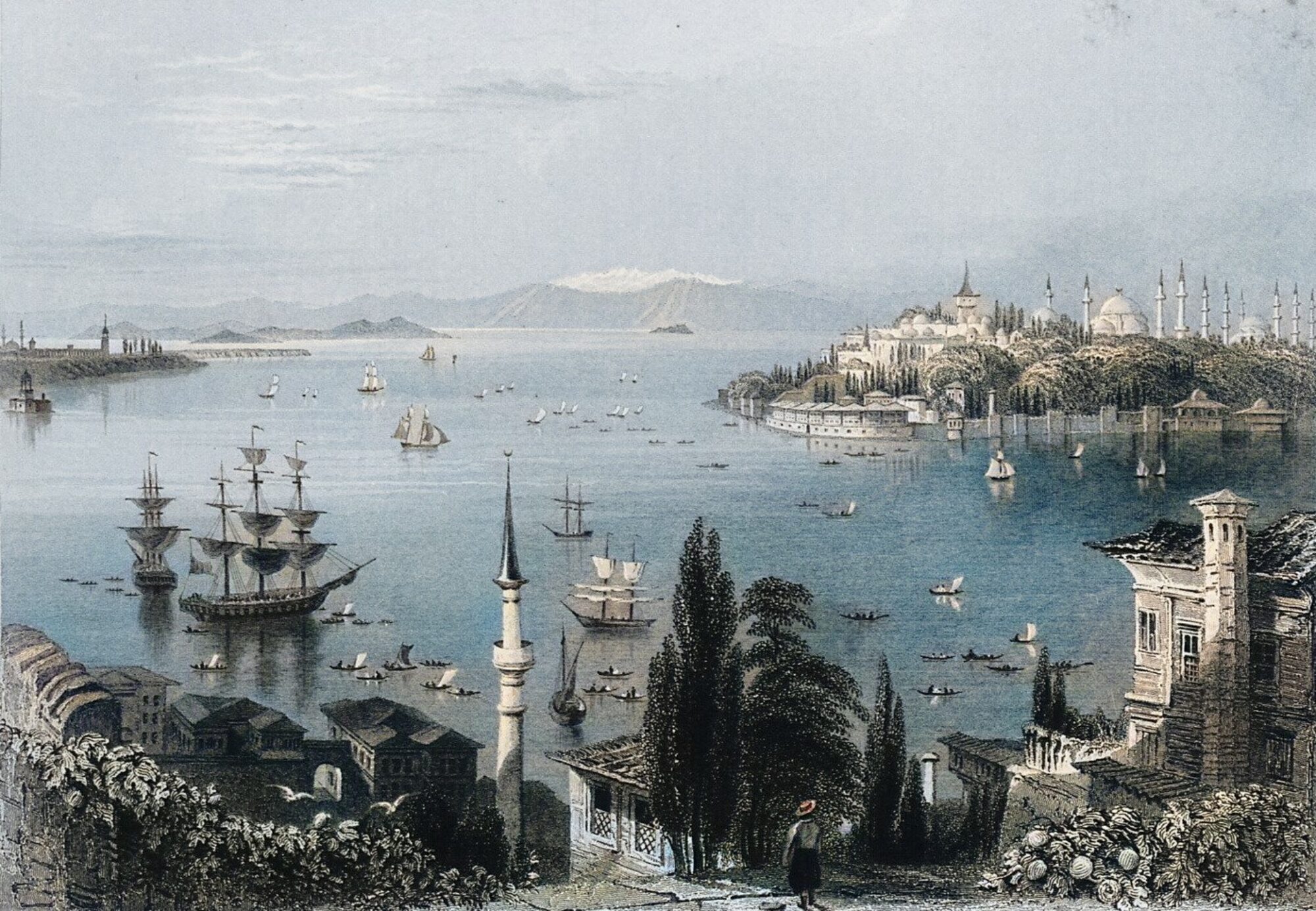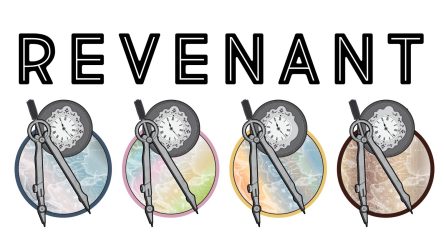By Jeremy F. Walton
An inaugural screed intended to frame a blog is a fitting space in which to exercise the prerogative of levity. Academic blogs such as ours are defined to a large degree by what they are not: peer-reviewed research articles steeped in disciplinary habits of citation and exposition, often at the expense of investigations of lateral affinities or arguments that perforate professional and conceptual boundaries. Laterality and perforation are two keywords and beacons for our meditations here at Spectral Themes; they are not alone.
We also take inspiration from the etymology of the term “blog” itself. Consider the original portmanteau: weblog. The provocative contrast between the two halves of this Internet 1.0 coinage is rarely appreciated. A web is a multicentered, diaphanous entity; its sophisticated synonyms include “rhizome” and “assemblage”. Heterogeneity and multiplicity are its calling cards. A log summons divergent associations. Whether understood as a record of occurrences or, less aptly in this context, as a unit of timber, the log is a sign of homogenization, of the submission of disparate qualities (a congeries of events; grain and hardness) to a single system of enumeration. Examined according to these metaphorical logics, a weblog is an oxymoron: both diverse and uniform, both multipolar and singular. This fits our purposes nicely.
There is a paradoxical aspect to a blog about specters, as well. Ghosts are central to our research group’s endeavors as a whole, as our acronymic name, REVENANT, suggests. We take inspiration from Derrida’s famous meditations on specters: “A ghost never dies, it remains always to come and to come-back.”[1] Eternal returns of the ghosts of empires—specifically, the Habsburg, Ottoman, and Romanov Empires—orient REVENANT’s inquiries, as well as the explorations of our blog. More specifically, we ponder post-imperial persons, post-imperial places, and post-imperial things—the tripartite heuristic for REVENANT’s research, and a theme that I take up at greater length here.

Beyond these thematic generalities, it is worth tarrying a bit longer with the paradox of writing about specters and revenants. To write for an audience, whether of an academic blog or otherwise, is to render the objects of one’s inquiries and meditations public. How can this act of publicization, with the imperatives of coherence and legibility that define it, possibly capture a ghost? How can the uncanny and the untoward features of haunting persist across the gap between phenomenological and the discursive? Cleary, uncanniness is not merely neutered and neutralized by publicization: ghost stories and horror films tell us otherwise. Yet, if we genuinely aspire to “learn to live with ghosts,”[2] as Derrida proposes, such dilemmas cannot be easily jettisoned. The afterlives of empires, in both their web-like multiplicity and log-like uniformity, demand nothing less.
[1] Jacques Derrida, Specters of Marx: The State of Debt, the Work of Mourning and the New International. Peggy Kamuf, trans. (London and New York: Routledge, 1994), p. 123.
[2] Ibid., p. xvii-xviii.

